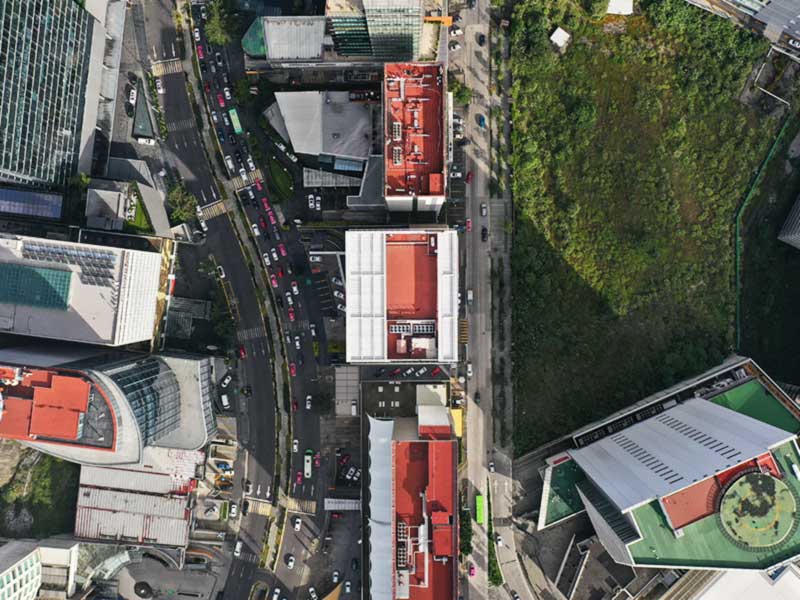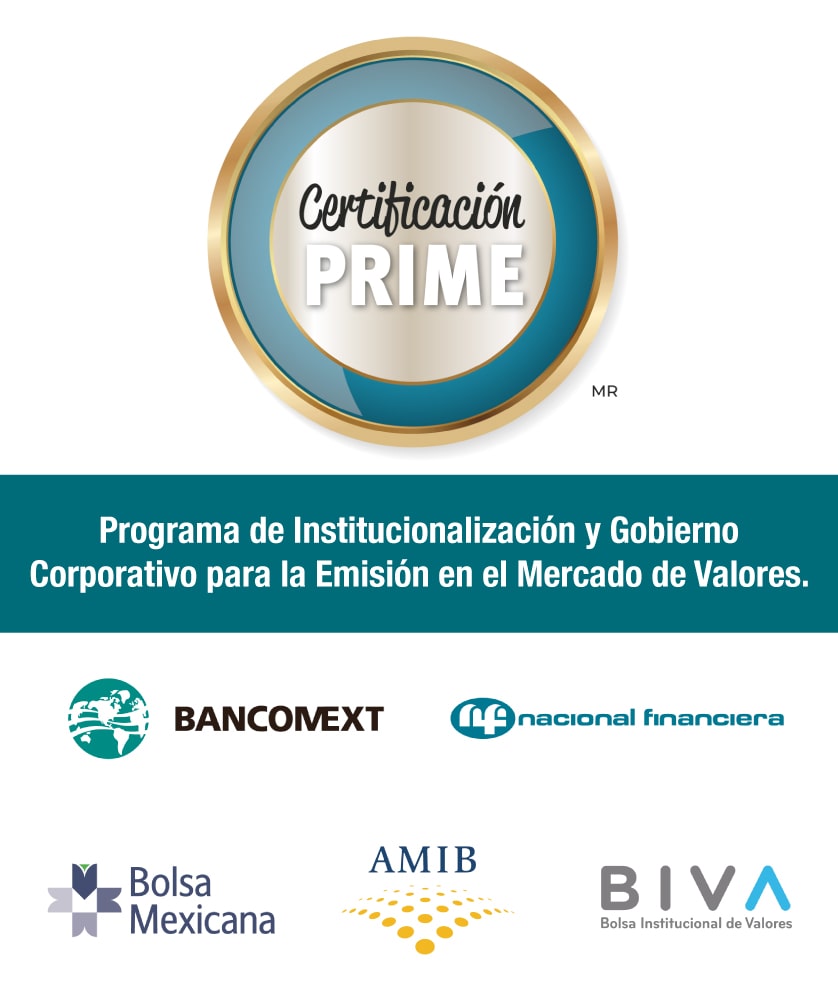Decrees were published on 4 August 2021 in the Official Gazette of Mexico City, reforming and adding various legal provisions to the Civil Code of Mexico City and the Law of Notaries for Mexico City, in the areas of testamentary matters and the use of electronic media.
These decrees seek to harmonize existing laws with the implementation and use of electronic media in the new culture of digitalization, mainly due to the effects caused by the SARS-CoV-2 virus.
The main aspects to be highlighted are the following:
- Article 1392 Bis is added. The legacy may also consist of ownership over digital assets or rights stored in some electronic equipment used to access electronically restricted resources and which may consist of: i) e-mail accounts, sites, domains, electronic files; and, ii) keys and passwords of bank or securities accounts in which the testator is the holder and for whose access a user name or key and password are required. A new type of special executor is contemplated who will be in charge of the accounts and passwords of the digital assets and if the testator did not dispose about the treatment of his personal information stored in public and private electronic records, the executor or the special executor will proceed to request the public and/or private institutions to delete it, in order to safeguard the right to be forgotten.
- Article 1520 is amended. The open public will granted before a notary public in the scope of his digital performance, once the testator is in agreement, shall proceed to the signing of the will, making use of the Advanced Electronic Signature of the testator, recognized in accordance with the Law of Notaries of Mexico City. The date and time of execution of the will shall be that which appears in the time stamp corresponding to the Advanced Electronic Signature.
- Article 1520 Bis is added, stating that an open public will may now be granted by electronic means, provided that: i) the testator can communicate with the Notary through an electronic device; ii) the Notary can see and hear the testator and; iii) the Notary can speak with the testator directly, simultaneously and in real time during the entire time of the granting. It may be carried out when the testator is: i) in imminent danger of death; ii) suffering from a serious or contagious illness; iii) has suffered life-threatening injuries or; iv) is in a place which, due to an exceptional situation, cannot be accessed in person.
- Article 1520b is added. Observations for the granting of an open public will are established and consist of the following: (i) if circumstances permit, the testator may have previously made the content of his will known to the Notary by any means; (ii) the attendance of two witnesses (at the request of the testator or the Notary) who are physically with the testator and within sight of the Notary; (iii) the testator’s will must be expressed to the Notary by word of mouth, in a clear and categorical manner and, in the case of the former, he must ratify what he has previously made known to the Notary. He must state that he is in Mexico City, free of coercion; (iv) the Notary must record the above statement by any device. The recording must be recorded in audio and video from the beginning of the reading of the will until the testator’s statement indicating his absolute conformity; (v) the Notary must leave a record of the relevant facts, as well as the environment observed by him throughout the time the act took place; (vi) the instrument must state: (a) that the testator is of sound mind for the granting and the means by which he ascertained the identity, (b) that the notary ascertained that no one coerced the testator, by all reasonable means and, (c) which of the assumptions of Article 1520 Bis was the one that was actualized; vii) the provisions of the formalities of Article 1519 must be observed (this was not reformed) and (viii) the Notary must keep in the appendix of the instrument, through any unalterable digital means, the file containing the audio and video recording. It is important to mention that the Notary has no liability if the electronically executed will is declared null and void, as long as the above mentioned requirements and formalities are followed.
- Article 1805 is amended. It is established that if an offer is made without setting a time limit for its acceptance through optical electronic means or any other technology that allows the offer and the acceptance to be made immediately and the person to whom the offer is addressed does not accept it immediately, then the offeror is discharged.
- Article 1811 is amended. It is established that the proposal and acceptance made through electronic, optical or any other technology does not require a prior stipulation between the contracting parties in order to produce effects.
- Article 1834 is amended. It is established that in contracts where the Law requires a written form, these must be signed by the parties in autographic form, with the use of the Advanced Electronic Signature or the Electronic Signature of Mexico City. When the legal act in question is required to be executed in an instrument before a Notary Public, said execution shall be done in the ordinary protocol or in the digital protocol that he/she is in charge of in the scope of his/her digital notarial activity in terms of the Law of Notaries for Mexico City.
- Articles 2675, 2677 and 2713 are amended. It is established that the meetings of associations and societies may be held by means of videoconference that allows real-time communication, provided that the notice of meeting indicates the electronic means by which it will be held, indicating the electronic address or number of the meeting and, if applicable, the password, and imposes the obligation that the meeting must be recorded and kept for the administrator or administrative body of the association and added to the respective minutes. The meeting may be recorded in writing or in an electronic document that will be signed by the President and the Secretary of the meeting by handwritten signature or with the Advanced Electronic Signature (it is not stated that this must be from Mexico City), and the possibility was also established that the resolutions taken outside the meeting will be valid as long as they are taken unanimously and are confirmed in writing in a physical or electronic document, with the handwritten or advanced electronic signature of all partners.
CONTACT
For more information, please contact Juan Miguel Martínez Mendieta | Partner | E. [email protected]
T. 52+(55) 5202-0717
—
This alert does not constitute legal advice and is protected under copyright laws.

